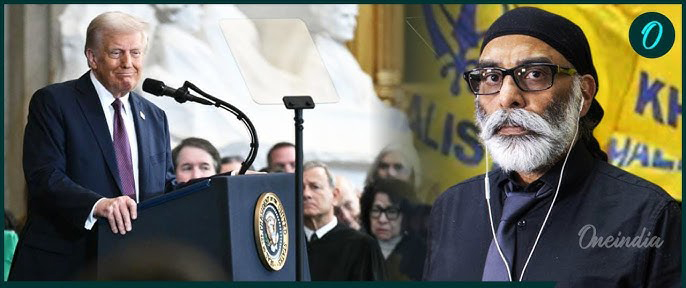WORLD NEWS

Francesca Albanese, the United Nations Special Rapporteur on the human rights situation in the occupied Palestinian territory, has sharply criticized Italy, France, and Greece for allowing Israeli Prime Minister Benjamin Netanyahu to pass through their airspace on his way to the United States, despite an active arrest warrant issued by the International Criminal Court (ICC).
Speaking out on social media platform X (formerly Twitter), Albanese argued that these countries—signatories to the Rome Statute—were obligated to arrest Netanyahu, not facilitate his travel. The Rome Statute, which established the ICC in 2002, mandates signatory nations to detain individuals subject to ICC arrest warrants when on their territory or within their jurisdiction.
"Italian, French and Greek citizens deserve to know that every political action violating the int’l legal order weakens and endangers all of them. And all of us," Albanese wrote.
The ICC issued arrest warrants for both Netanyahu and former Israeli Defense Minister Yoav Gallant last year, citing war crimes and crimes against humanity committed during Israel's military campaign in Gaza.
Flight Sparks Legal and Moral Debate
Netanyahu's latest visit to the U.S. included talks with former President Donald Trump, amid ongoing ceasefire negotiations and renewed discussions about the forced displacement of Palestinians. Albanese’s statement was in response to human rights lawyer Craig Mokhiber, who earlier accused the three European states of violating their legal obligations and “declaring disdain for genocide victims.”
Though the ICC obliges member states to honor arrest warrants, enforcement has proven inconsistent. South Africa, for instance, did not arrest Sudan’s former President Omar al-Bashir during a 2017 visit, despite an ICC warrant.
Previous Flight Reroutes to Avoid Arrest Risk
This is not the first time Netanyahu has navigated around potential arrest. A February visit to the U.S. saw him take a longer route over American military bases, deliberately avoiding ICC member states. During an April trip, he visited Hungary—a country that had just withdrawn from the ICC—before flying to the U.S. while avoiding airspace of nations like Ireland, Iceland, and the Netherlands.
France and Italy have taken differing public stances on the matter. While Italy raised doubts about the legal legitimacy of the ICC warrant, France claimed Netanyahu enjoys immunity as a sitting head of government. The European Union remains divided on whether and how to enforce the ICC’s actions.
Implications for International Law
Albanese’s comments reignite questions about the politicization of international justice, particularly when powerful allies and geopolitical interests are involved. Human rights advocates argue that failing to enforce ICC warrants undermines the credibility of international legal institutions and sets a dangerous precedent for selective justice.




